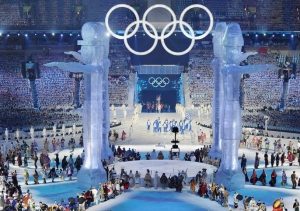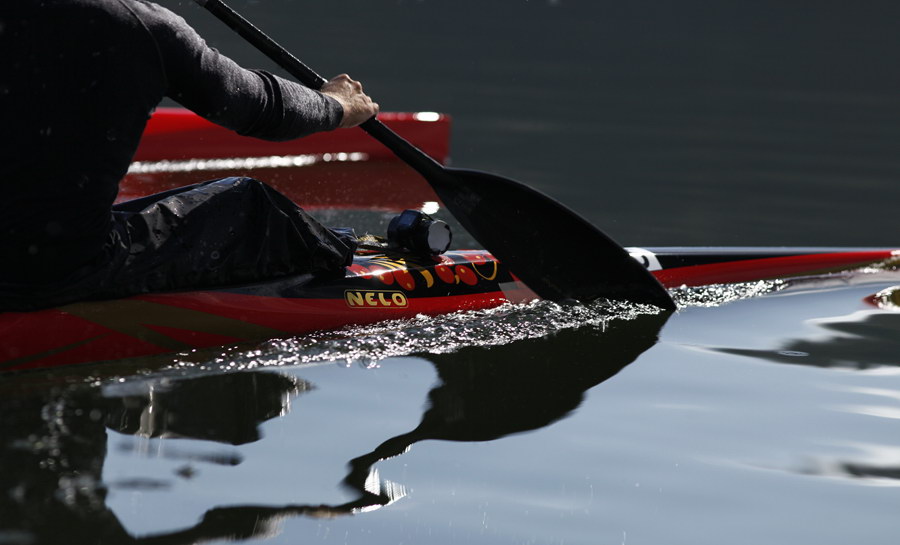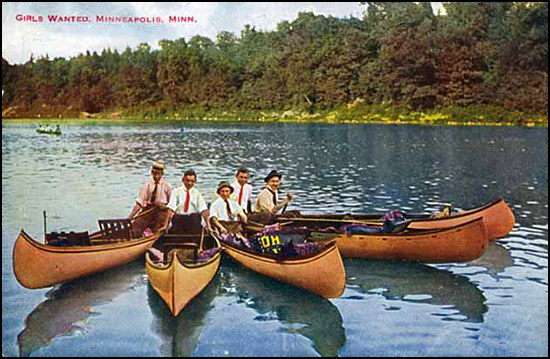WINTER OLYMPIC GAMES. HISTORY, SPORTS
 Winter Olympics – competitions of athletes from all over the world in regulated winter sports. Such competitions, like the Summer Games, are held under the patronage of the International Olympic Committee.
Winter Olympics – competitions of athletes from all over the world in regulated winter sports. Such competitions, like the Summer Games, are held under the patronage of the International Olympic Committee.
The first competitions, which soon began to magnify the Olympics, took place in the small French town of Chamonix in early 1924 – it was from there that the development of the “white” Games originated. Initially, the Olympic Games were held in pairs (summer and winter in one year), but in 1994 it was decided to shift the interval for holding the Games by two years.
To date, the program of the Winter Olympics is a broad program. The number of representatives of countries at the modern Games is not inferior to the Summer Olympics, and it is worth noting that athletes from tropical countries also take part in the “cold” sport. Yes, in those days, the “white” Olympics were “crowded” with Scandinavians, but over the years the leadership trend has changed dramatically – today, athletes from all over the world are among the leaders.
History of formation
The history of the Winter Games is not easy, but let’s try to find out more.
It is worth noting that a diverse winter sport appeared long before the founding of the first Winter Olympics, and what can I say, long before the idea of a competition of this scale. However, there are sports, the inclusion of which in the Olympic program was performed much later. Here, for example, “ice” disciplines were not included in the regulations of the first three Olympiads, although skating was included in the regulations of the Olympic Games in 1894. By the way, this year they created the main executive body of the Games – the International Olympic Committee.
I Olympiad. How it was
The first “white” Games were held in Chamonix in early 1924 – this was an event that historians and lawyers argue about until today. “The“ white ”Games held then were something different, but not the Games from Olympus,” so say world historians. 90 years ago, an event that took place in the alpine town of Chamonix, was called “Winter Sports Week, dedicated to the upcoming Olympics in Paris.” This is the real name of the 1924 competition. 293 athletes from 16 countries of the world gathered in the French Alps. However, many historical records say: “Athletes had the opportunity to choose: to participate or not. There were many reasons for this. ”
The main reason is organizational work. The authorities of the town of Chamonix did not decide in any way whether to participate in such “nondescript” competitions. Pierre de Coubertin (the second President of the IOC) wrote a letter to the best comrade Henri Balle-Lyaturu (in the future, the third President of the IOC): I have no confidence in these people and it seems that the authorities of Chamonix are making fun of us. ”
The second, no less compelling, reason was the serious opposition of the Scandinavian region. The Scandinavians have always considered winter sport to be their vocation, a kind of idyll. By the way, the Scandinavian peoples held individual competitions, called the Northern. This is explained by the fact that the people of the Scandinavian region have been cultivating winter sports since the 19th century. Moreover, the people of the Scandinavian countries did not recognize that such sports can become common property, arguing that there can be nothing better than the Nordic competitions.
“Sports authorities” also did not want to recognize “cold” sports as official Olympic. Most of the Scandinavian peoples spoke loudly: “Our sports disciplines are not Olympic! Ancient Greek competitions did not include cross-country skiing or skating! Is it possible to call this sport Olympic ??? ”And many leaders of sports unions did not accept winter sports at all, as such, considering it not to be competitions, but, rather, advertising resorts where the Games are held.
However, not only Scandinavians “were eager to” not to give “their” sports to the IOC. Many alpine countries that cultivated alpine skiing (alp ski) and bobsleigh also refused to delegate their sports to the coveted Olympus.
The great figure in the history of Zoi
Probably, the “white” Olympiad would never have become so great as it is today if it were not for the man to whom the sporting history of the planet is obliged. This is Pierre de Coubertin – the man who founded the Olympic Games on Earth.
In 1922, this great Frenchman succeeded in creating a special commission for holding the Winter Games. Thanks to his extraordinary diplomatic charm, he contributed to the inclusion of representatives from Sweden, France, Canada, Switzerland and Norway on the commission, then “persuaded” the delegates to organize the “Winter Sport Week” in 1924 as a propaganda for the Summer Olympic Games. The decision was made, despite the differences of the commission members.
Coubertin stated: “The tournament must be indicative. Non-Olympic sports should open up to the public … “To fill the program




